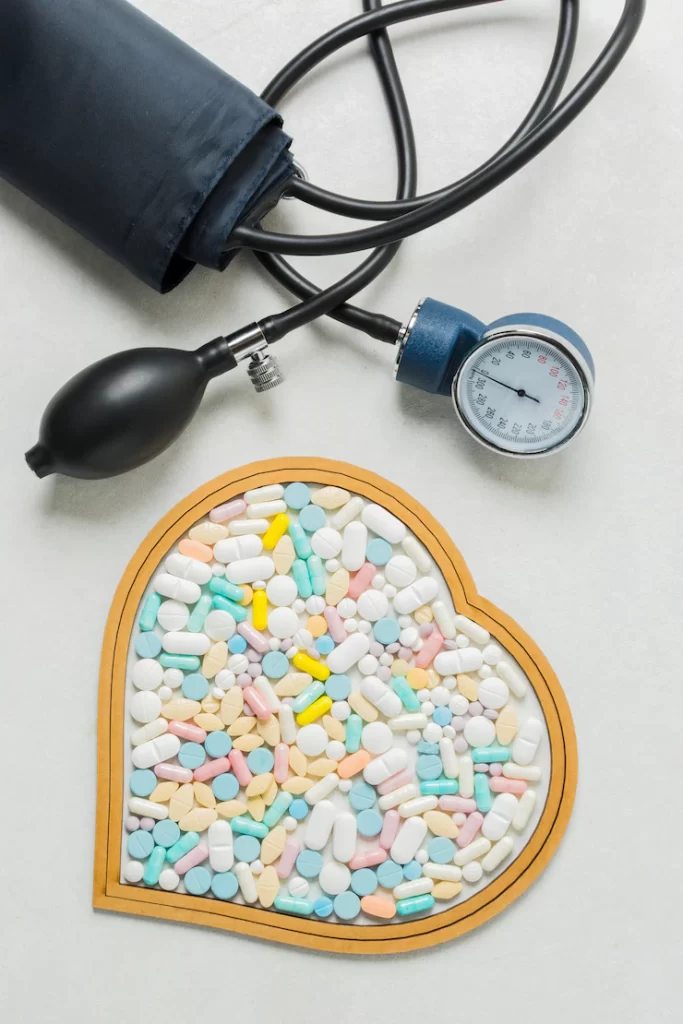Resistant Hypertension

Resistant hypertension is a condition where blood pressure remains persistently high even after taking multiple medications. It is also known as treatment-resistant hypertension. According to the American Heart Association, about 20% to 30% of people with hypertension have resistant hypertension.
There are several reasons why blood pressure may be difficult to control. Some of the common causes include:
- Medication non-adherence: Not taking medications as prescribed by the doctor can lead to uncontrolled blood pressure.
- Lifestyle factors: Poor diet, lack of exercise, and excessive alcohol consumption can contribute to resistant hypertension.
- Secondary hypertension: Certain medical conditions such as kidney disease, obstructive sleep apnea, and thyroid problems can lead to resistant hypertension.
- Medication interactions: Certain medications, such as nonsteroidal anti-inflammatory drugs (NSAIDs), can interfere with the effectiveness of blood pressure medications.
- Obesity: Being overweight or obese can make blood pressure more difficult to control.
Treatment for resistant hypertension typically involves a combination of lifestyle changes and medications. Lifestyle changes may include losing weight, reducing salt intake, increasing physical activity, and limiting alcohol consumption. Medications used to treat resistant hypertension may include diuretics, beta-blockers, calcium channel blockers, and angiotensin receptor blockers (ARBs). In some cases, additional medications such as aldosterone antagonists or renin inhibitors may be prescribed.
If lifestyle changes and multiple medications do not adequately control blood pressure, alternative treatments such as renal denervation or baroreceptor activation therapy may be considered. These treatments involve targeting the nerves that regulate blood pressure to help reduce hypertension.
It is important to work closely with a healthcare provider to manage resistant hypertension and reduce the risk of serious complications such as heart attack, stroke, and kidney failure.
